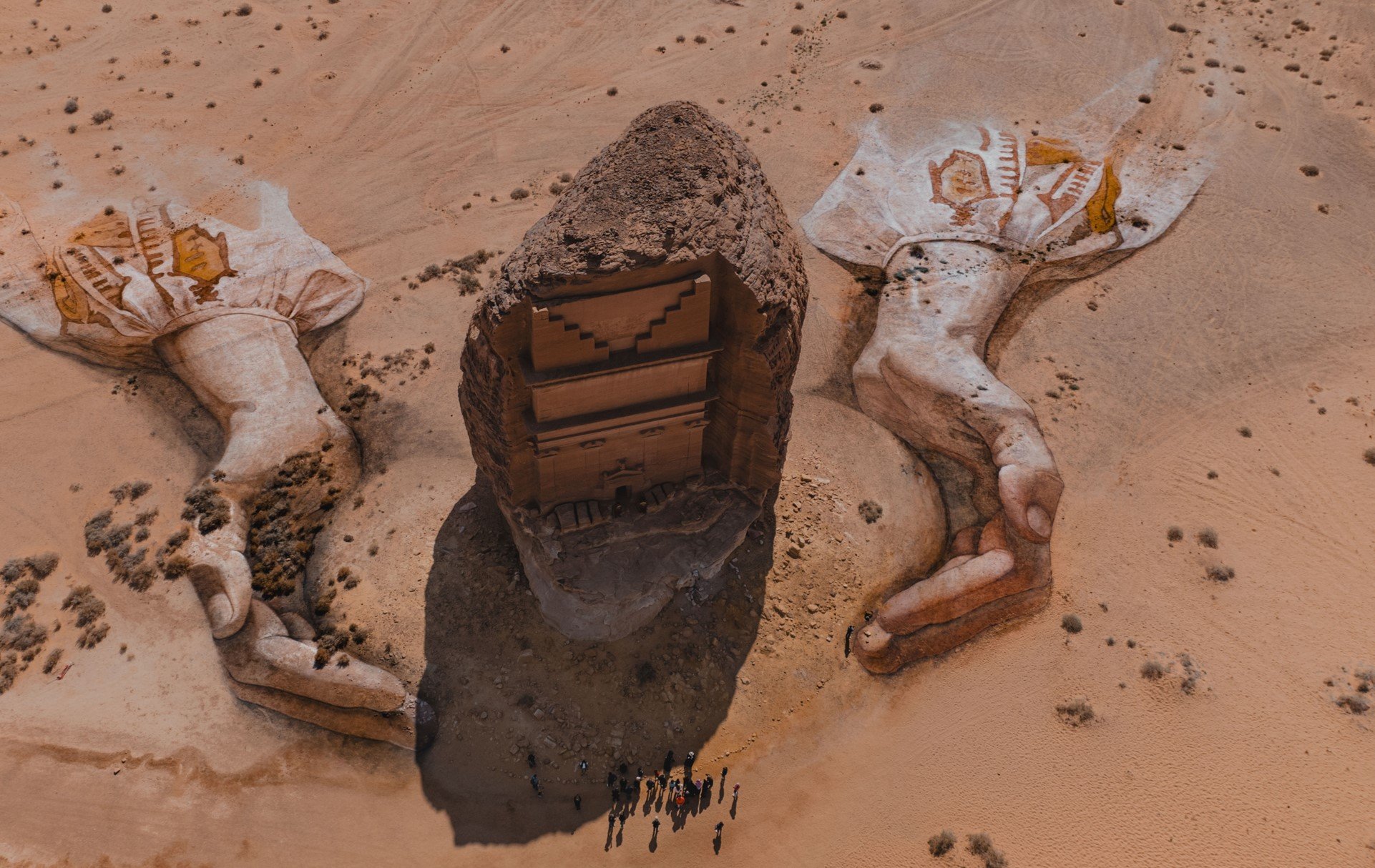 In today’s fast-changing world, people are talking more about changing behaviour. From what we do every day to how society works, we’re realising how much our actions matter.
In today’s fast-changing world, people are talking more about changing behaviour. From what we do every day to how society works, we’re realising how much our actions matter.
American economist Richard Thaler was awarded the Nobel Memorial Prize in Economic Sciences for his contributions to behavioural economics. His work explored how, through a series of subtle prompts and behavioural ‘nudges’ people can be encouraged to make better choices in their daily lives.
Thaler’s ‘nudge’ theory advocated for the use of social and public policies to lead people towards certain decisions, but without depriving them of the freedom to choose or significantly change their incentives.
The idea of adopting policies of behavioural change is a path we are now pursuing at the Royal Commission for AlUla (RCU).
As a team, and as part of a broad people-centric strategy, we’re constantly engaging with our community of residents, visitors, and investors to provide them with new options and fresh opportunities.
Across heritage conservation projects, waste reduction initiatives, road safety programmes, and the introduction of ‘dark skies’ light pollution regulations and more, we are working with our community to create a better, more people-focused environment by instigating change in people’s behaviours.
Our work to comprehensively regenerate AlUla County in northwest Arabia into a global hub for culture, heritage, and tourism requires more than new buildings, new roads, and new museums.
AlUla is home to more than 40,000 people. Families with deep roots in their community. Who share an affinity with the landscape. And who hold dear the myriad layers of tradition that make AlUla so special.
Bringing these people on board with our plans – including them in each stage of our work – is essential to our vision to create the world’s largest living museum

Our plans are not created in silos. They are the result of consultations with experts, stakeholders, and residents, from analysing behavioural data and community research. Positive public sentiment is key to AlUla’s evolution.
Job creation
Our commitment to light-touch tourism created more than 4,000 permanent and seasonal jobs. From tour guides to nature reserve rangers, traditional folklore storytellers to cultural custodians, AlUla’s residents came to see the benefits tourism could bring and continue to reap the rewards.
A recent example is the ‘I Care’ campaign to raise awareness of the importance of conserving and preserving AlUla and Saudi Arabia’s landscape of natural and manmade cultural monuments.
I Care set out to foster people’s pride in historical sites while encouraging participation in efforts to safeguard them for future generations.
Launched on the global stage with an astonishing land-art installation by David Popa, who sculpted a pair of giant hands ‘cradling’ the UNESCO World Heritage Site of Hegra, I Care highlighted the precious and precarious nature of heritage.
Designed to fade away over time, the artwork offered a profound vision of the urgent need to act – ideas that were successfully incorporated into strategies that activated people’s involvement in the campaign, including citizens, visitors, and schoolchildren.
The success of I Care is motivating people to move beyond simple awareness and appreciation, ‘nudging’ them towards adopting the essential behaviours of conservation. People’s attitudes are evolving to be more grateful for the cultural landscape that exists around them.
As AlUla grows, its success requires everyone to be ‘all in’. In this way, we can ensure that RCU is making informed decisions that will establish a future for AlUla that has been created for, and shaped by, its own people.
By Abdulrahman AlTrairi, the official spokesperson and chief of communications and PR at the Royal Commission for AlUla









